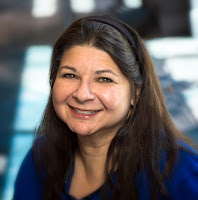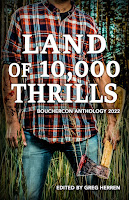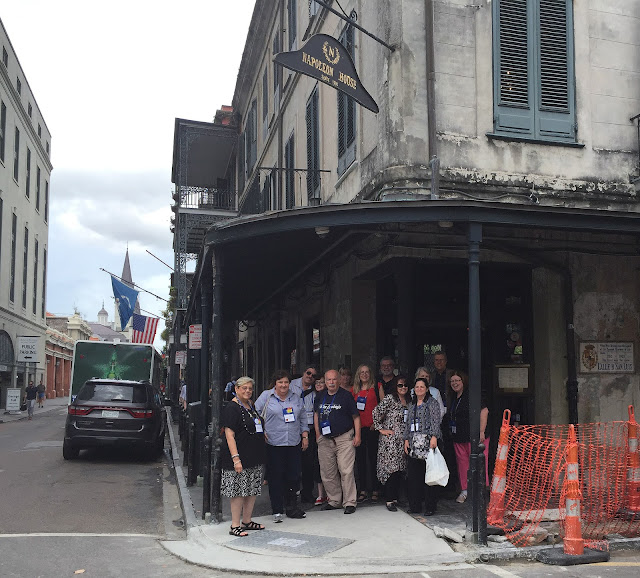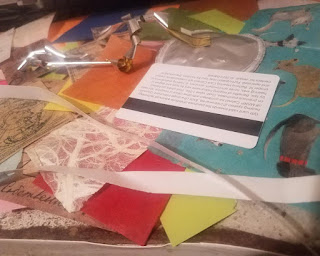I scribble on scraps of paper.
Sitting in the courthouse basement, when I run across the odd bit that gives me pause, I'll hurriedly jot it down, tear the note from the legal pad or Post-It note and return to work. At the end of the day, I'll empty my pockets--phone, keys, and odd scraps. Post-Its, by the way, offer the added benefit of cleaning pocket lint.
The following are a few random notes harvested from police reports and fermented in my pocket.
Typos?
In law enforcement, minor traffic offenses provide police with the legal opportunity to observe the contents of a vehicle and its occupants in more detail. Higher and better charges may then arise. In the police report following a methamphetamine arrest, the officer noted that the car had a detective brake lamp. Was it a typo or an acknowledgment of the pretext stop? You can be the judge.
In another case, the unemployed driver was pulled over operating a vehicle owned by a female passenger. The police report noted that a woman with him was his finance. I think the officer intended to report that the two were engaged to be married and, thus, she was his fiance. But the plain reading may also be correct. You can be the judge.
(This one may only be funny locally.)
The suburban county just north of Dallas is Collin. When the Fort Worth officer arrested the man on the Colon County warrant, was it an inadvertent voice-to-text error, or did the police offer a comment on a Dallas stereotype commonly held by people living on the western side of the Metroplex. You can be the judge.
Scattershooting:
Blackie Sherrod, a legendary local sportswriter, published a regular column of random thoughts entitled "Scattershooting." It seemed a good title for the following unrelated notes gleaned from police reports. Each one briefly interrupted the flow of county business.
- As I approached the vehicle, I observed the pungent odor of marijuana wafting from the open passenger window.
Pungent? Wafting? This is not the typical prose of a police report. I think that the officer yearns to be a writer. Look for her debut novel soon, available on Amazon.
- J. and his girlfriend have been dating a little more than a week and they live together at...
But at least they were rushing into things.
- I encountered S. sitting on his porch with his service dog, Capone.
The family's cats, Manson, Kaczynski, and Gotti, were undoubtedly inside the house. What service, I wondered, does a dog named Capone perform?
- I identified the defendant as Chase T. and charged him with evading arrest.
Chase was charged with running from the police. Does name determine destiny? Just ask Paz charged with disturbing the peace. Or the meth user named Krystal.
And, because Memorial Day marks, for many, the unofficial start of summer.
The police were called to the scene of a domestic violence offense. A fight broke out between two brothers during the family barbecue. The officer observed and interviewed both men attempting to determine who was the primary aggressor. The officer reported,
- I could not tell whether the substance on D's shirt was evidence of a bloody nose or barbecue sauce.
Two things worth noting in the above sentence. First, dinners at this house get raucous. And a trained observer can't tell if it's blood or the family's barbecue sauce. If they invite you to dinner, I'd recommend politely declining. Secondly, you might have a new way to hide blood evidence in your next story.
Besides a bit of fun, I think there is a lesson for both writers and criminal justice professionals. The participants in the system--lawyers, officers, defendants, and their families--are all human. Stories tend to focus on the big mistakes. The little errors, like those set out above, might make characters more like real people.
Until next time.


























